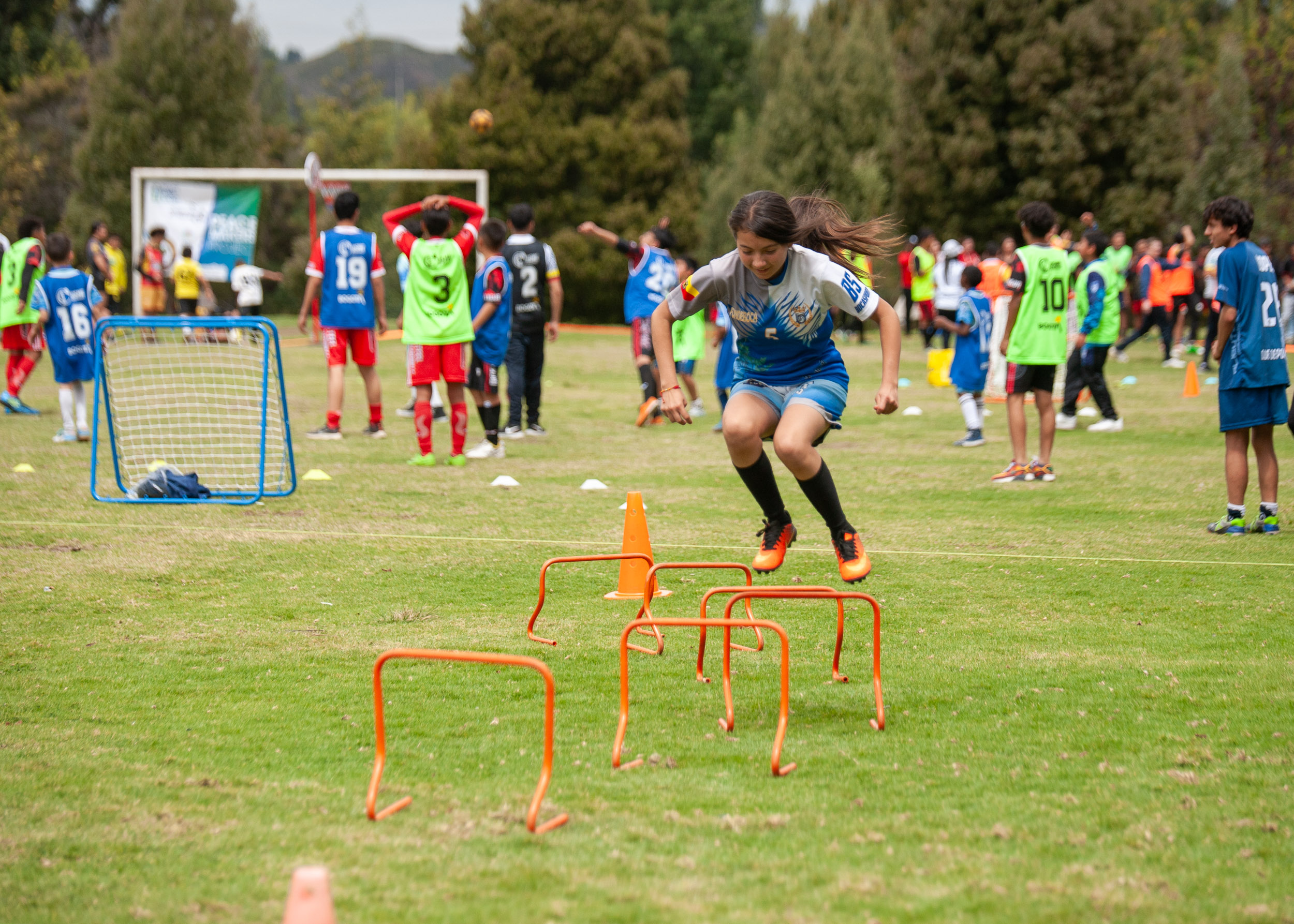Tous les participants à la 14ème édition du Forum International Peace and Sport sont encouragés à rejoindre l'appel et à contribuer aux recommandations de Peace and Sport à l'attention des dirigeants internationaux. Notre objectif est de faire en sorte que le sport soit déployé intentionnellement comme un outil de transmission de valeurs pour la paix.
Vos idées et votre soutien contribueront à façonner les recommandations finales pour créer des programmes à impact, qui utilisent le sport pour construire des communautés pacifiques, inclusives et équitables.
Ces recommandations seront partagées avec le public du Forum et sur toutes les plateformes de Peace and Sport le 3 décembre, à la suite des sessions plénières du Forum 2024.
Sur la base du postulat suivant, les participants s'engageront dans des discussions constructives autour de trois sessions thématiques principales, qui permettront de nourrir les recommandations conjointes finales.

.jpg)







